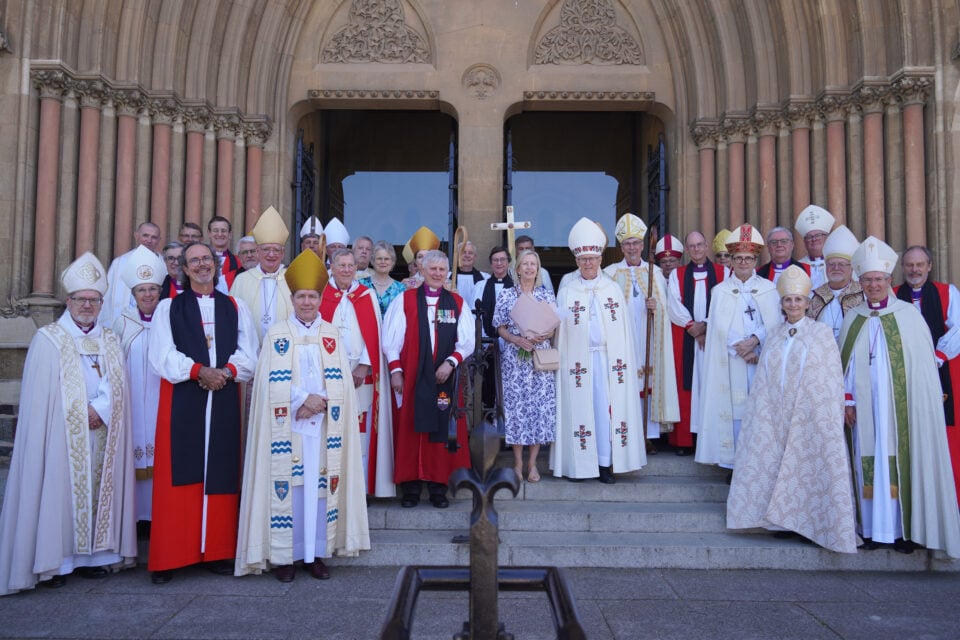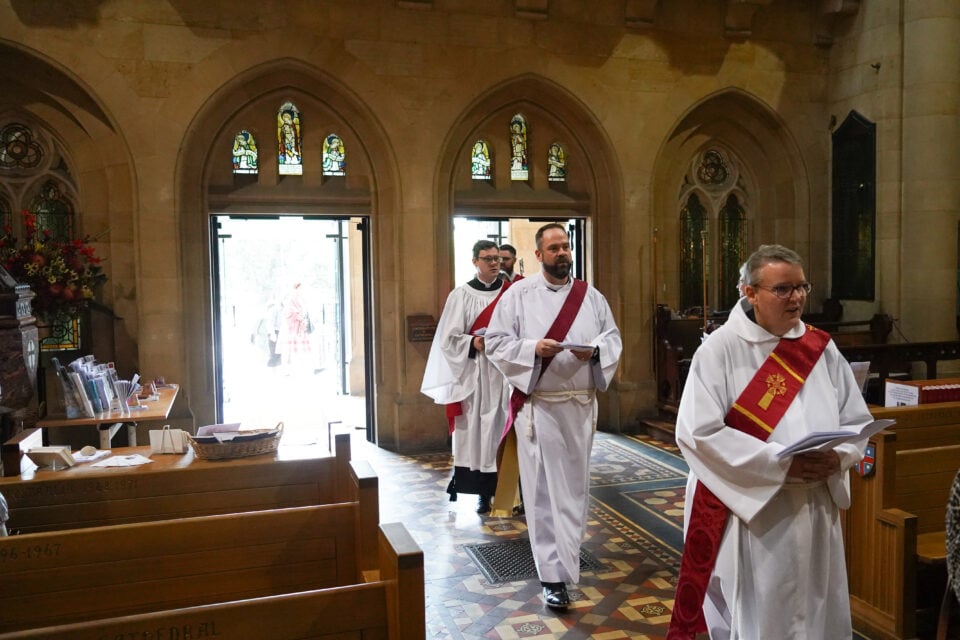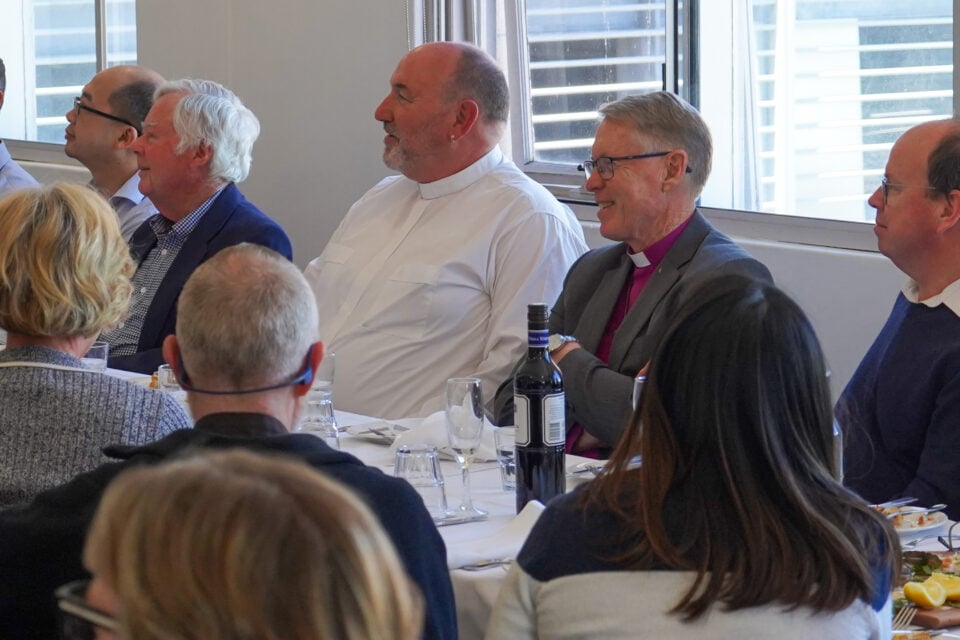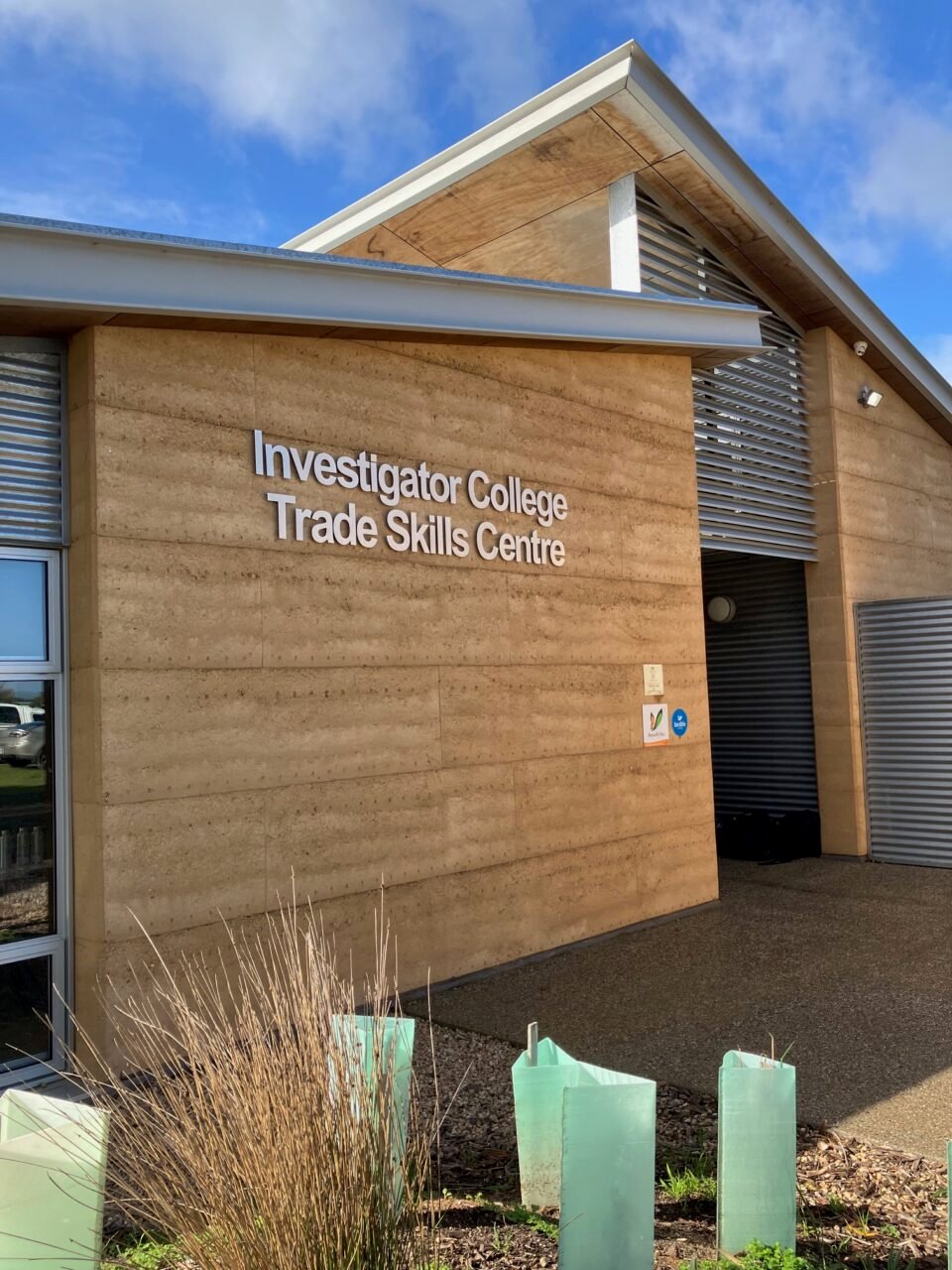The Anglican Creation Care Network which had gone into recess over the past 12 months or so has been relaunched at St Peter’s Cathedral, through the assistance of a diocesan committee, the Climate Change Task Force Group, writes Fr Paul Devenport.
The Network was established in 2017 at the Adelaide Diocesan Synod as a response to the “Fifth Mark of Mission”, that is ‘strive to safeguard the integrity of creation and renew the life of the earth’.
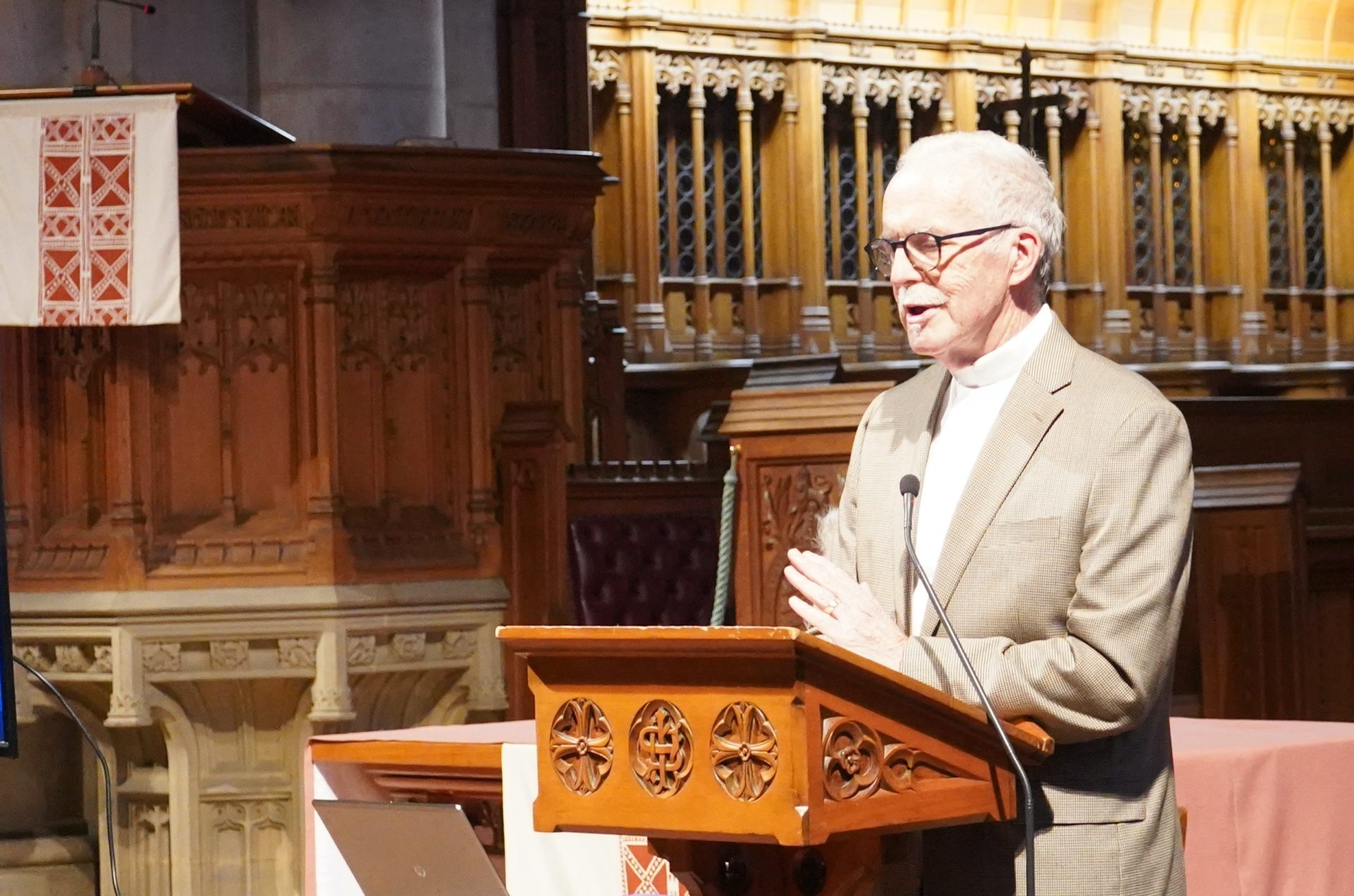
It has become a provincial network representing the Dioceses of Adelaide, The Murray and Willochra. It now has 19 parishes and more than 60 individuals involved. Peter Burke was the Convenor until last year.
The Network has encouraged parishes and other Anglican groups to include Creation Care in their mission action plans and strongly supports parishes working with local community groups on environmental related activities.
It has delivered a voluntary Environmental Survey to assist parishes and advocated for a great focus on creation care as part of the Diocesan Vision Plan.
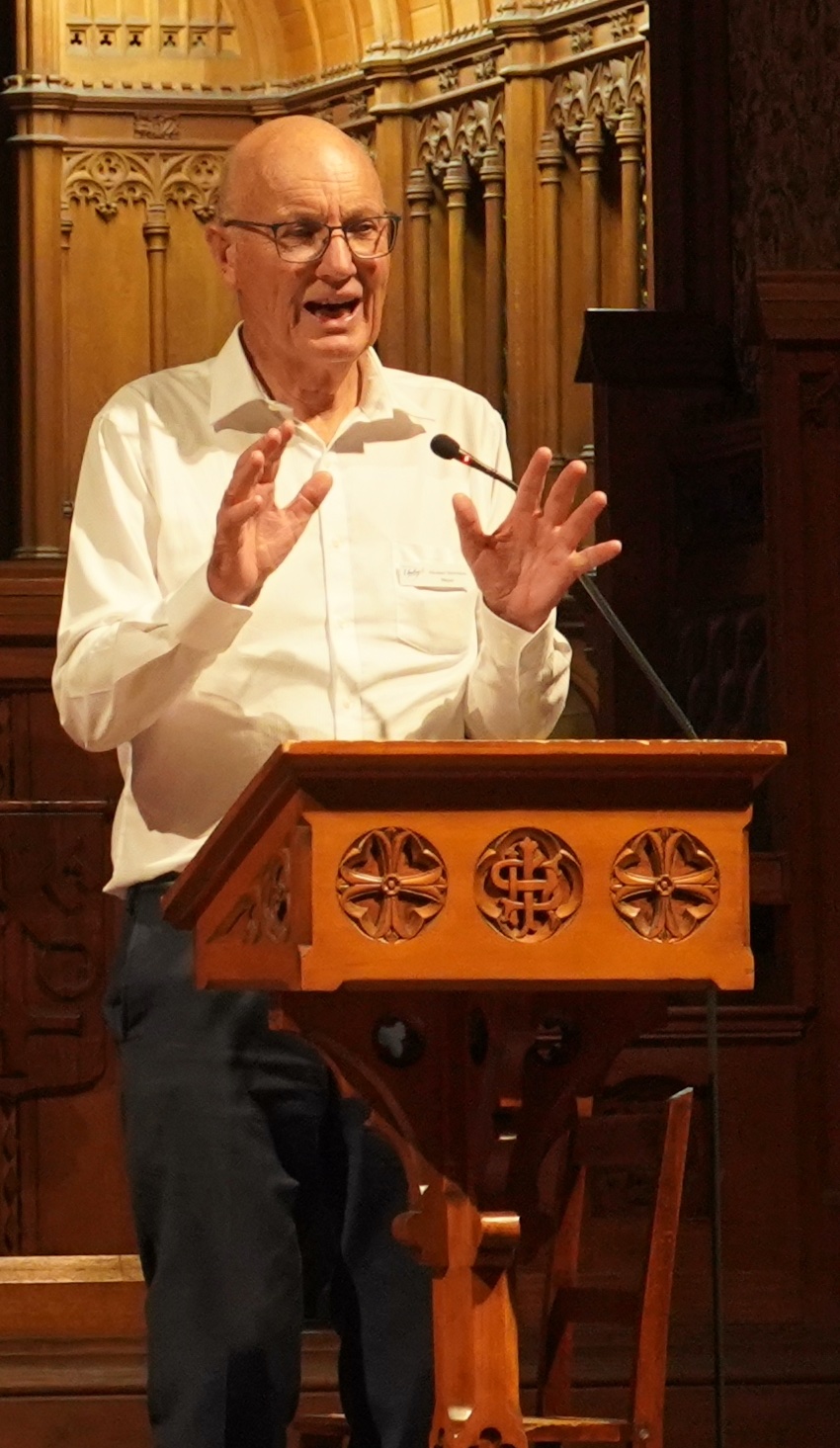
The Network will have an important part to play in ensuring the Diocese meets its commitment to reduce greenhouse gas emissions to net zero by 2040.
The relaunch on Wednesday 6 Marchwas organized by the Task Group, comprising of the Rev’d Stephen Ogden, Convenor, the Rev’d Paul Devenport, Beth Walton, Marianne Gillard, Chris Prance, Malcolm Schluter and now Lachlan Graham.
The relaunch featured guest speakers from the Investigator College, Unley’s Mayor and parishioner at the cathedral, Michael Hewitson and Anglicare, all giving accounts of what is being done environmentally in their own areas.
The teachers and students from the Investigator Anglican College at Victor Harbor spoke passionately about its eco-centre at Currency Creek.
The college purchased the site in 2009 and originally saw huge potential for how the site could be used by Junior School students to learn about environmental conservation.
Now, it provides students between Years 7 and 12 to study Environmental Studies, Sustainability Studies, Agriculture and the Certificate Courses in Horticulture and Conversation and Ecosystem Management.

Students spoke enthusicatically about their contribution to the Currency Creek campus. One student, spoke of being engaged in a wide range of activities relating to caring for and protecting native plants and animals and conducting a fish survey with a local ecologist.
Another student, Levi Weedon spoke of his passion preserving native environments and replenishing local flora and fauna habitats. He has also led a small group in establishing a native food garden at the school.
A third student, Django Westmoreland highlighted how the eco-centre hosts the Sustainable Futures Day event each year, where around 70 students from Anglican Schools join the college in engaging with industry experts in environment and sustainability fields and provide career advice to students.
Unley’s Mayor, Michael Hewiston spoke of his visit to COP 28 in Dubai and the efforts by Unley Council to reduce its emissions and increase the tree canopy. The problem though is the loss of trees at the moment. For every tree being planted in the council area, two are being lost through development applications. As a result, Unley has lost a third of its overall tree canopy cover.
Mayor Hewitson says the council has proposed that new developments must have a 15 per cent tree canopy on the properties or they will have to pay an extra 10 per cent in rates. He believed planting trees along roads and on properties will reduce temperatures by 10 degrees Celsius.
Anglicare’s Executive Director Manager of Social Enterprise, Dominic Gagliardi highlighted the Anglicare SA Solar Panel Project for more than 200 of its community homes thus far. On average, tenants are saving between 250 and 280 dollars annually on their electricity bills. The installation of the panels is also enabling Anglicare to sell excess solar generated from the system to the grid or through community solar tenants.
The Archbishop of Adelaide, Geoff Smith then commissioned the new convenor of ACCN, Lachlan Graham. In response, Lachlan encouraged people to support the Network and to get involved.
“Creation Care is to take provisional steps to protect of maintain something. If we take proper care of the environment, we will allow the power of nature to work for us” he said.
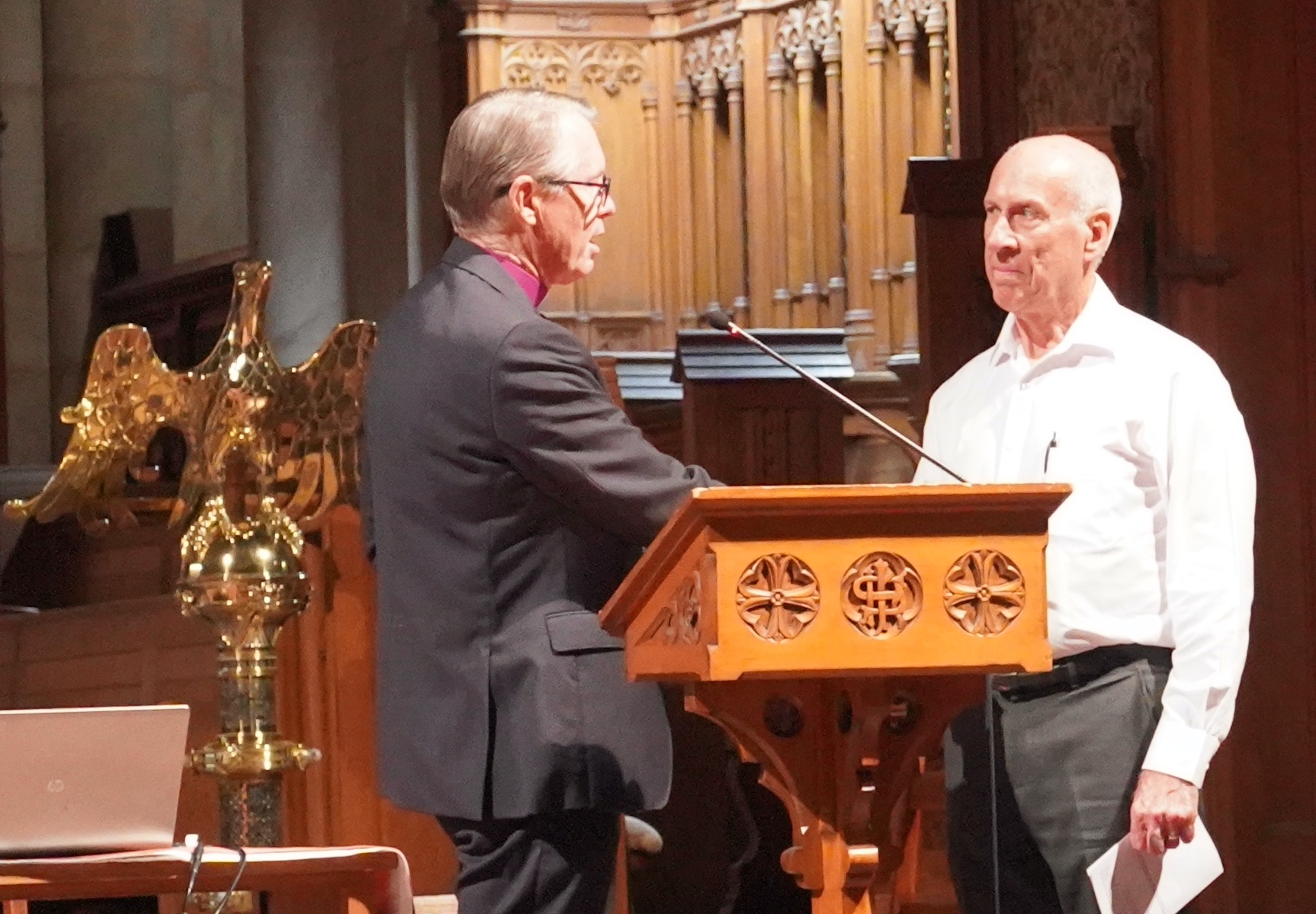
The first meeting of the relaunched ACCN of which everyone is invited will be at St Theodore’s Toorak Gardens on Saturday 11 May at 9.30 am.
How do I get involved in creation care?
Check out the ACCN page on the Adelaide Anglicans website:
Follow ACCN on facebook:
https://www.facebook.com/profile.php?id=100064973942520
Come along to a get together of the ACCN
Visit ACCN’s Ten Tips for Creation Care
“Care of the environment is always very important for Christians. Psalm 24 verse 1 says that the earth is the Lord’s and everything in it. As part of worshipping the Lord we care for the creation that is the Lord’s creation. Some speak of a ‘climate change emergency’, and certainly among the young people of the community there is significant anxiety about the future of the planet. While it is right to resist the temptation to fear for the future, that doesn’t mean we should show complacency about caring for the planet in the present. Our commitment to worshipping the Lord needs to include positive action as stewards of the Lord’s creation.” – Archbishop of Adelaide and Primate of Australia, Adelaide Synod 2021



